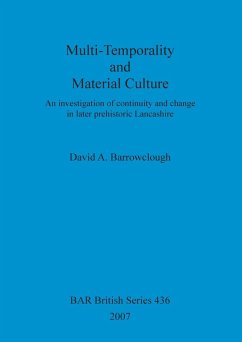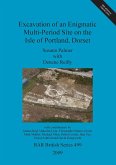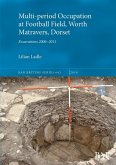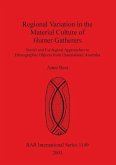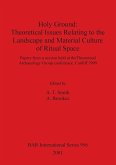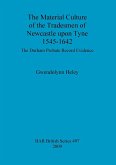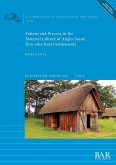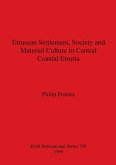This research takes the form of a regional study of those parts of North West England, which comprise the area known as Lancastria (Cheshire, Merseyside, Greater Manchester and Lancashire, together with the Unitary Authorities for Blackpool, Blackburn with Darwen, Holton and Warrington, and also southern Cumbria and the western extremities of West Yorkshire) in the later Prehistoric Period circa 2800-500 cal. BC. The study investigates why the scientific construction of knowledge about the prehistoric inhabitants of Lancastria has focused so much on individual artefacts and single sites removed from their landscape context. It asks why the knowledge and understanding assembled by archaeologists has had so little to do with studies of change over the longterm. It examines some of the circumstances that shaped these approaches over the past 400 years tracing the parting of the ways between scientific and popular knowledge of the past. Specific research objectives of the study are to recontextualise the interrelationships between objects, monuments and landscape to facilitate a diachronic study of change in later prehistoric Lancastria; to explore the influence of local and regional contexts on strategies of exploitation, interaction, connectivity and interdependence amongst the prehistoric inhabitants of the region; to explore the changing role of technology and material culture in ordering and representing changing social identity; and to develop a model for the social reproduction of small-scale society through time within the region.
Bitte wählen Sie Ihr Anliegen aus.
Rechnungen
Retourenschein anfordern
Bestellstatus
Storno

